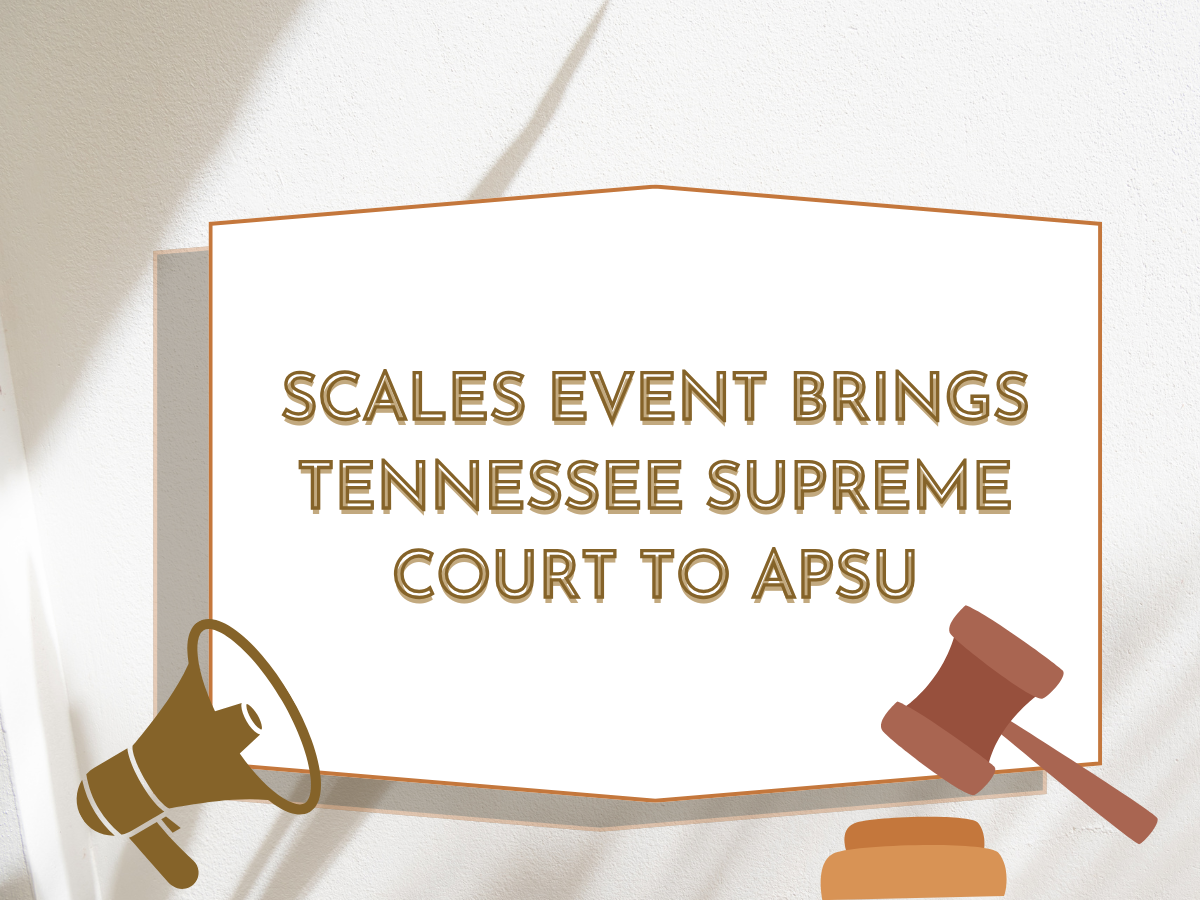On Friday, Nov. 16, the GSA held an event on campus with Erin Davies, a gay rights activist whose car was vandalized with gay slurs. The vandalization of her car led to the movement called FagBug.
Davies painted her car rainbow colors and drives around the country advocating for gay rights. “I don’t think it directly affects any other state, but I think seeing all those (laws) get passed so quickly at once — I think it’s uplifting for other states to think they can do the same,” Davies said. “I think it’s becoming more popular to accept (same-sex marriage). So, sooner than later gay marriage laws will be passed in each state.”
On Election Day, Nov. 6, Maine, Maryland and Washington passed laws to legalize gay marriage. The legalization of gay marriage in these three states brings the amount of states who recognize same-sex marriage to nine.Other states either offer forms of same-sex civil unions or domestic partnerships or they have banned same-sex marriage completely. In Tennessee, all forms of same-sex unions are illegal.
In 2006, Tennessee passed Amendment 1, or the “Tennessee Marriage Protection Amendment.” This law states the only marriages in Tennessee which will be recognized are between a man and a woman. The law was passed by an 81 percent to 19 percent vote. The same-sex marriage laws passed in Maine, Maryland and Washington are the first same-sex marriage laws passed by ballot.
Some people are wondering what the legalization of same-sex marriage in three states on the same day means for the future of same-sex marriage for the rest of America. Samantha Kolyer, secretary for APSU’s Gay-Straight Alliance, believes the legalization of same-sex marriage could have a positive effect on the future of Tennessee’s same-sex marriage laws.
“I think that it will show the citizens of Tennessee the positive impacts of supporting the LGBT community and may encourage more people to come out and show their support of it,” Kolyer said, “Tennessee is a very conservative state, but I think that there are a lot of people afraid to show their support. Seeing others show their support may encourage Tennessee citizens to try to get laws passed to help equality in the state.”
Long-time GSA member Jess Brundige said he feels like “the recent legalization of marriage equality in those areas has a great impact as a symbol of shifting attitudes in the United States. Most social changes happen gradually, so it’s important to recognize the importance of these events even if they don’t directly affect those who live in Tennessee.”
Kolyer said she is a Maine native and “was very proud to vote in the election and help change the law there,” she said. “I am glad to know that my home state is moving towards equality and hope that as I transfer to a Tennessee citizenship, I can help move Tennessee towards equality as well through my actions with the GSA here at APSU.” William Gordon of the political science department explained the issue from a legal perspective.
“Section 2 of the Defense of Marriage Act, provides that states pursuant to the Full Faith and Credit Clause are not required to recognize same-sex marriage licenses,” he said. Gordon said Section 2 is not in any danger of being struck down because the constitution gives Congress legislative control over the matter.
“As a result, Tennessee’s prohibition of homosexual marriage is not likely to be constitutionally challenged in the near future,” he said.
Gordon also said some lower courts have challenged the constitutional legitimacy of Section 3 of DOMA, which states marriage is between a man and a woman.
If federal courts are forced to make a decision on section 3, the federal government may “be forced to provide federal benefits and rights” to a spouse from a homosexual marriage.











